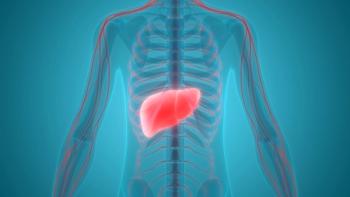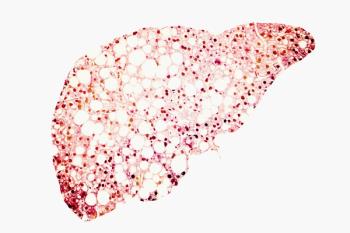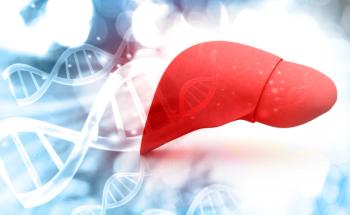
Researchers From Spain Find Option to Detect FGFR2 Fusion in Plasma
Vall d'Hebron Institute of Oncology, a research group from Barcelona, Spain, has presented a method to detect FGFR2 fusion in plasma, which they say is “especially relevant” since the arrival of pemigatinib to treat patients with recurrent intrahepatic cholangiocarcinoma (iCCA).
A research group from Barcelona, Spain, has presented a method to detect FGFR2 fusion in plasma, which they say is “especially relevant” since both FDA and European regulators have approved the targeted therapy pemigatinib to treat patients with recurrent intrahepatic cholangiocarcinoma (iCCA).
Investigators from Vall d'Hebron Institute of Oncology (VHIO) presented findings during the 2022 Annual Meeting of the American Society of Clinical Oncology (ASCO). They noted in their abstract that actionable genetic alternations can be found in more than 50% if iCCA cases, making it important to screen for patients who may benefit from a selective fibroblast growth factor receptor 1-3 (FGFR1-3) inhibitor. Besides pemigatinib, other FGFR inhibitors are under development.
As the study authors explained, “In patients with no available tissue for genomic profiling or at different timepoints after targeted therapy, [next generation sequencing] NGS testing of circulating cell-free DNA (ccfDNA) would be the most convenient option.”
They identified 2 issues: first, the ability to detect and validate identification of FGFR2 rearrangements in plasma, and second, patient shedding in iCCA, which would make liquid biopsy a good option for monitoring in clinical care.
Investigators conducted a retrospective study in 18 patients with iCCA who had known FGFR2 fusions or rearrangements, which had been identified in formalin-fixed paraffin-embedded (FFPE) tissue specimens by NGS testing, with the FoundationOne CDx test. They created a custom capture-based NGS panel, for use with plasma or tissue, known as the VHIO-iCCA test. First, the investigators validated the VHIO-iCCA panel with fusion positive FFPE samples; then a concordance study was done to evaluate the test’s ability to detect FGFR2 fusion and arrangements in plasma samples matched to tissue at discrete time points. Finally, the investigators examined serial plasma samples taken throughout treatment with FGFR inhibitors.
Results. From the 18 rearrangement events previously detected with the FoundationOne CDx test, the investigators reported they could identify FGFR2 rearrangements in all 18 FFPE samples and in 15 of the paired plasma samples using the VHIO-iCCA panel. This represents a 100% and 83% concordance, respectively, the study authors said.
In the 3 discordant cases, the authors wrote, “No additional alterations were detected in plasma, indicating a lack of circulating tumor DNA (ctDNA) shedding. Serial sampling of these patients indicated persistent non-shedding.”
The authors concluded that the VHIO-iCCA panel is validated to be used in both tissue and plasma, and the high level of concordance makes the test “a feasible option to avoid tissue biopsies, whenever patients cannot undergo the procedures and even to aid in cancer monitoring.”
For patients who shed ctDNA, the test could be useful for patient monitoring and could guide clinical management of iCCA, the authors said.
VHIO has previously announced a
Reference
Gonzalez-Medina A, Verdaguer H, Vila-Casadesus M, et al. FGFR2 fusion detection in plasma: A new era in the clinical monitoring of iCCA. J Clin Oncol. 2022;40(16_supp):Abstr 4085. DOI: 10.1200/JCO.2022.40.16_suppl.4085
Newsletter
Stay ahead of policy, cost, and value—subscribe to AJMC for expert insights at the intersection of clinical care and health economics.









